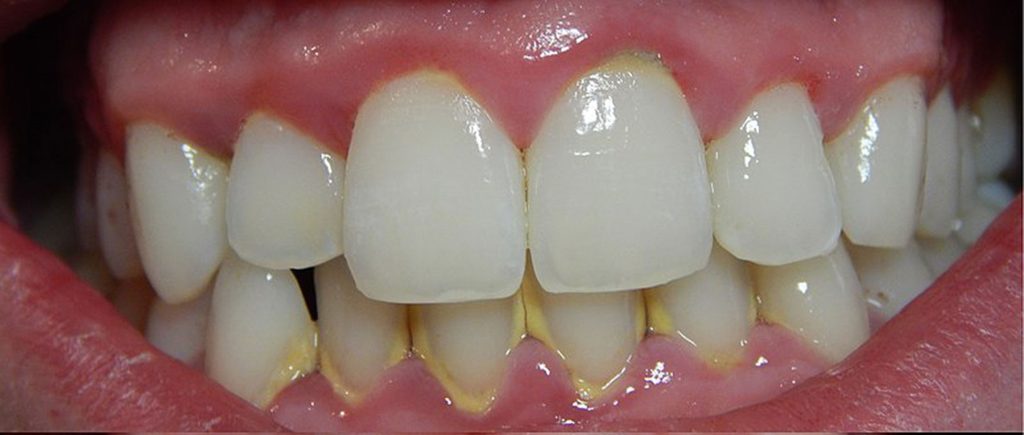Why Am I Losing Weight After Hernia Surgery
Why Am I Losing Weight After Hernia Surgery can bring about unexpected weight loss in some patients, raising concerns when significant weight reduction occurs without a clear explanation. In this article, we delve into the potential causes of weight loss following hernia surgery and offer insights into how to manage this unexpected phenomenon.
Weight Loss After Hernia Surgery: What Could Be Behind It
While some weight loss during the recovery phase of hernia surgery is normal, it’s crucial to distinguish between healthy and concerning weight loss. If you encounter any red flags like severe or sudden weight loss, persistent pain, or other troubling symptoms during recovery, several factors could be at play:
1. Reduced Appetite and Dietary Changes: Anesthesia and post-surgery pain medications can temporarily suppress appetite, leading to reduced food intake. Additionally, dietary restrictions or changes recommended during the recovery period may result in decreased calorie consumption.
2. Increased Metabolism and Energy Expenditure: The body’s natural healing process following surgery demands extra energy to repair tissues. This heightened metabolic demand can lead to increased calorie expenditure, potentially resulting in weight loss.
3. Stress and Emotional Factors: Hernia surgery can be a stressful experience, causing emotional fluctuations that may affect eating habits. Some individuals may experience post-surgery anxiety or depression, leading to changes in appetite and subsequent weight loss.
4. Nausea and Digestive Issues: In some cases, post-surgery patients may experience nausea, bloating, or digestive discomfort, leading to reduced food intake and subsequent weight loss.
5. Loss of Muscle Mass: Extended periods of reduced physical activity during recovery can lead to muscle atrophy, contributing to overall weight loss.
6. Fluid Loss: Immediately after surgery, patients may experience fluid retention. However, as the body heals and begins to recover, there may be a reduction in fluid retention, resulting in temporary weight loss.
It’s important to note that weight loss after hernia surgery is not a universal experience and can vary from person to person.
Read More : How To Use Dmso For Weight Loss
Identifying Problematic Weight Loss
Recognizing problematic weight loss after hernia surgery is essential for your well-being and successful recovery. Key factors to consider include the rate of weight loss and whether it is unintentional.
If you are losing more than 5% of your body weight within a month after surgery, it may be a cause for concern.
Unintentional weight loss—when you haven’t deliberately altered your diet or exercise routine—is another red flag. If weight loss continues for an extended period beyond the immediate post-surgery phase, it could indicate an unresolved issue that requires attention. Also, be mindful of accompanying symptoms like persistent pain, nausea, vomiting, diarrhea, or other gastrointestinal issues, as they might contribute to weight loss.
Consider the possibility of nutritional deficiencies. Look out for signs such as weakness, fatigue, hair loss, or changes in your skin and nails, as these could be connected to your weight loss.
Managing Weight Loss After Hernia Surgery
Here are practical tips to help you manage weight loss after hernia surgery:
1. Ensure Proper Nutrition: Consume a balanced diet comprising nutrient-dense foods. Include lean proteins, whole grains, fruits, vegetables, and healthy fats in your meals. Avoid skipping meals and aim for smaller, frequent portions throughout the day to meet your nutritional needs.
2. Follow Post-Surgery Dietary Guidelines: Adhere to dietary recommendations provided by your healthcare provider. These guidelines are designed to support your recovery and avoid foods that may hinder healing or exacerbate discomfort.
3. Gradually Return to Physical Activity: While resting initially is crucial for healing, slowly reintroduce gentle exercises into your routine, as approved by your healthcare provider. Physical activity can help maintain muscle mass and support your metabolism.
4. Stay Hydrated: Drink an adequate amount of water daily to stay hydrated. Dehydration can negatively impact your overall health and contribute to fatigue.
5. Get Adequate Rest: Allow your body ample time to rest and recover. Ensure you are getting enough sleep each night to support the healing process.
6. Manage Stress and Mental Well-Being: Emotional well-being is vital for recovery. Practice stress-relief techniques like deep breathing, meditation, or engaging in enjoyable hobbies.
7. Monitor and Seek Professional Guidance: Keep track of changes in your weight and overall health. If significant or persistent weight loss occurs, or if you have any concerns, consult your healthcare provider promptly.
8. Attend Follow-Up Appointments: Regular follow-up appointments with your healthcare provider are essential. These visits enable your doctor to monitor your progress, address concerns, and make adjustments to your recovery plan if necessary.
Read More : How To Lose Weight With Empty Sella Syndrome
Remember, every individual’s recovery journey is unique. Be patient with yourself and allow your body the time it needs to heal fully. Prioritize your health and well-being during this period, and seek professional guidance for the support and reassurance you need. If you have any concerns about weight loss or any aspect of your recovery, do not hesitate to reach out to your healthcare provider. Your health is the top priority, and they are there to guide you through every step of the healing process.




